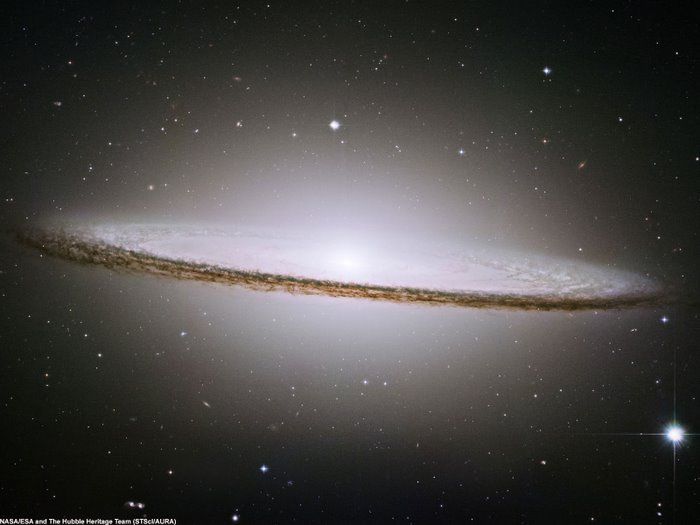I have described elsewhere (Deutsch 1985; cf. also Albert 1983) how it would be possible to make a crucial experimental test of the Everett (‘many-universes’) interpretation of quantum theory by using a quantum computer (thus contradicting the widely held belief that it is not experimentally distinguishable from other interpretations). However, the performance of such experiments must await both the construction of quantum computers and the development of true artificial intelligence programs. In explaining the operation of quantum computers I have, where necessary, assumed Everett’s ontology. Of course the explanations could always be ‘translated’ into the conventional interpretation, but not without entirely losing their explanatory power. Suppose, for example, a quantum computer were programmed as in the Stock Exchange problem described. Each day it is given different data. The Everett interpretation explains well how the computer’s behaviour follows from its having delegated subtasks to copies of itself in other universes. On the days when the computer succeeds in performing two processor-days of computation, how would the conventional interpretations explain the presence of the correct answer? Where was it computed?
These Were Our Favorite Tech Stories From Around the Web in 2025
-
Every week, we scour the web for important, insightful, and fascinating
stories in science and tech. Here's a roundup of the ones we loved the most
this ...
23 hours ago






No comments:
Post a Comment